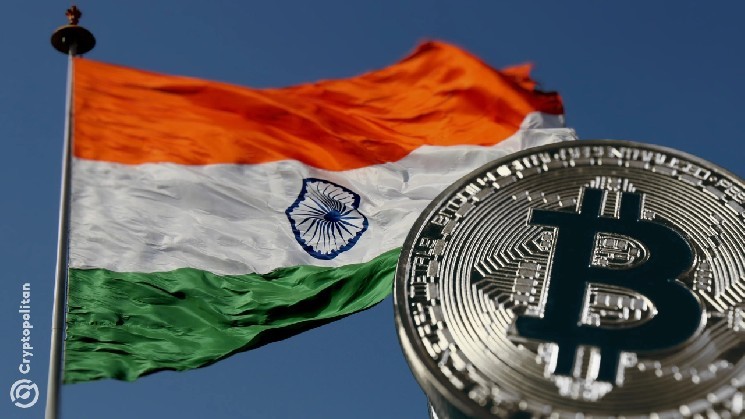India has launched its hardest crackdown on crypto so far, blacklisting 25 offshore platforms with over $9 billion, together with Bingx and Lbank, which haven’t met antimony laundering requirements.
In accordance with a launch on October 2, the nation’s Treasury Ministry stated the Monetary Info Unit India has already directed an change to disable entry to apps and web sites inside the nation.
This got here after India has leaned in the direction of not writing laws regulating home cryptocurrencies and as an alternative selected partial surveillance, fearing that bringing digital property into the mainstream monetary system might pose a scientific danger, as authorities paperwork reveal.
The report considers the Reserve Financial institution of India (RBI) to truly view it as lean to control cryptocurrency dangers.
India exchanged primarily based on the 2002 Anti-Cash Laundry Methodology
There’s an Indian fiu-ind issued In accordance with CoinmarketCap, 25 exchanges had been notified of execution notices to 25 exchanges, of which 14 collectively known as $22 billion in simply 24 hours. Enforcement motion on Thursday dates again to the March 2023 determination. The choice required the state to submit cryptographic service suppliers below the Anti-Cash Laundry Act of 2002, register with the FIU and submit reviews on their actions.
Nonetheless, India has come to the creation of a complete cryptographic legislation and has stopped selecting fragmentary surveillance as an alternative. The Reserve Financial institution of India (RBI) argued that successfully regulate the sector will likely be extraordinarily tough, identical to final month. To shut the hole, the nation has became heavy taxation and compliance, imposing a 30% tax on earnings and a 1% TD (withholding tax) on transactions, resulting in a lower in home buying and selling quantity.
The federal government nonetheless permits abroad exchanges to function if complied, as highlighted by reopening Buybit after a effective of 9.27 crore, value round $1.06 million, below the Cash Laundering Act (PMLA). So far, over 50 crypto exchanges have been registered with FIU-ind.
Chain exercise has elevated by practically 70% year-on-year
Binance, Coinbase, Kucoin and OKX had been all hit by enforcement measures in 2023 and 2024. OKX selected to depart India, whereas different exchanges adjust to FIU guidelines and resumed enterprise. Many platforms have eliminated websites and apps till they adjust to penalties and registration necessities. It stays regulated, however Binance and Kucoin later rebooted.
Regardless of the restrictions, Indians are estimated to personal round $4.5 billion in digital property, however the laws restrict systemic publicity. The nation stays the most important market by buying and selling quantity supported by grassroots adoption, remittances and fintech integration.
Japan, though its absolute quantity is smaller, confirmed the quickest development charge of 120% year-on-year by June 2025, pushed by regulatory reforms, wider investor participation, and elevated use of key digital property. This development highlights the varied adoption fashions that form the panorama of APAC cryptography.
Offshore change continues to view India as a serious market. Chain Melting ranked primary in international adoption for the third 12 months in a row, with India main retail, institutional, debt and diversified companies. Between June 2024 and June 2025, exercise in Chain elevated by 69% year-on-year.
Throughout India and the APAC area, Crypto buying and selling quantity has skyrocketed from $1.4 trillion to $2.36 trillion, interacting with the market regardless of strict necessities. Individually, India goals to undertake OECD CARF by April 2027, enabling cross-border reporting of crypto flows.
Officers from the highest finance ministry stated India is anticipated to signal the Multilateral Capability Authority Settlement (MCAA) subsequent 12 months, thereby establishing a authorized framework for the automated change of tax info. The nation has already joined the MCAA for its monetary accounts in 2015, with the brand new model increasing to digital property.
The brand new system will observe buyers’ digital property on overseas platforms and require that transactions be reported on abroad CEXS. Tax consultants warn that after carried out, the administration will apply retroactively, permitting officers to problem notifications of beforehand undeclared advantages.


